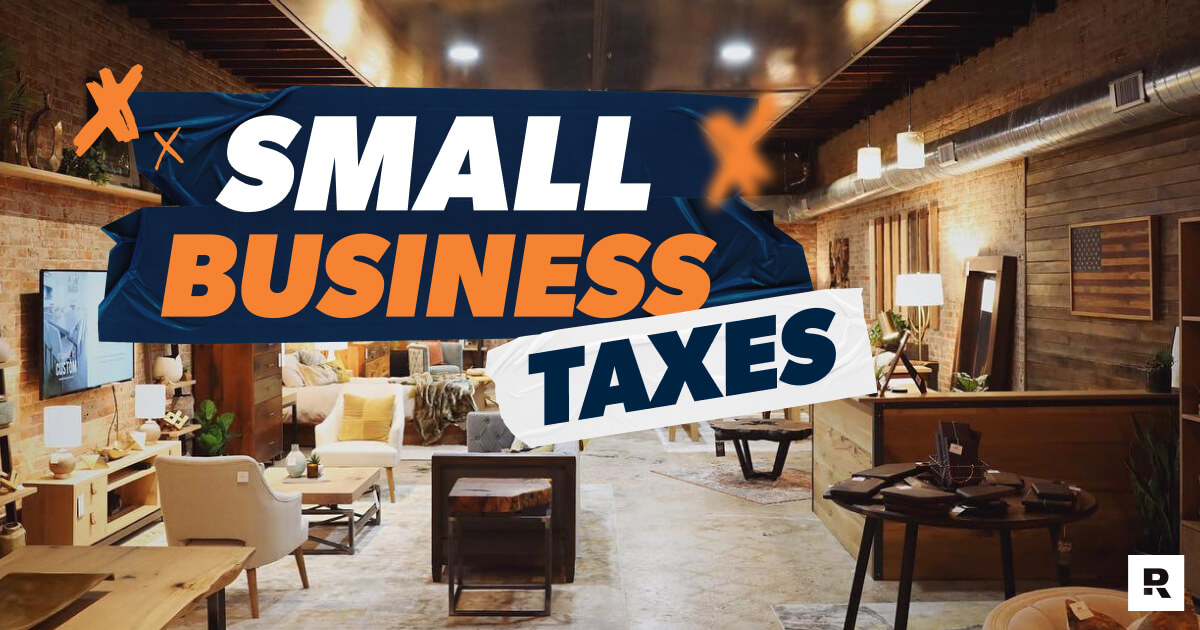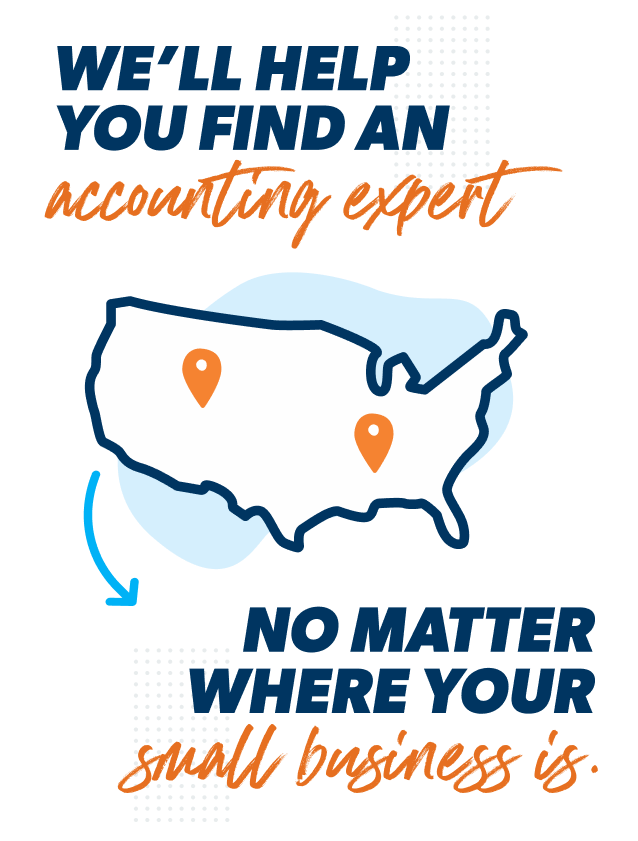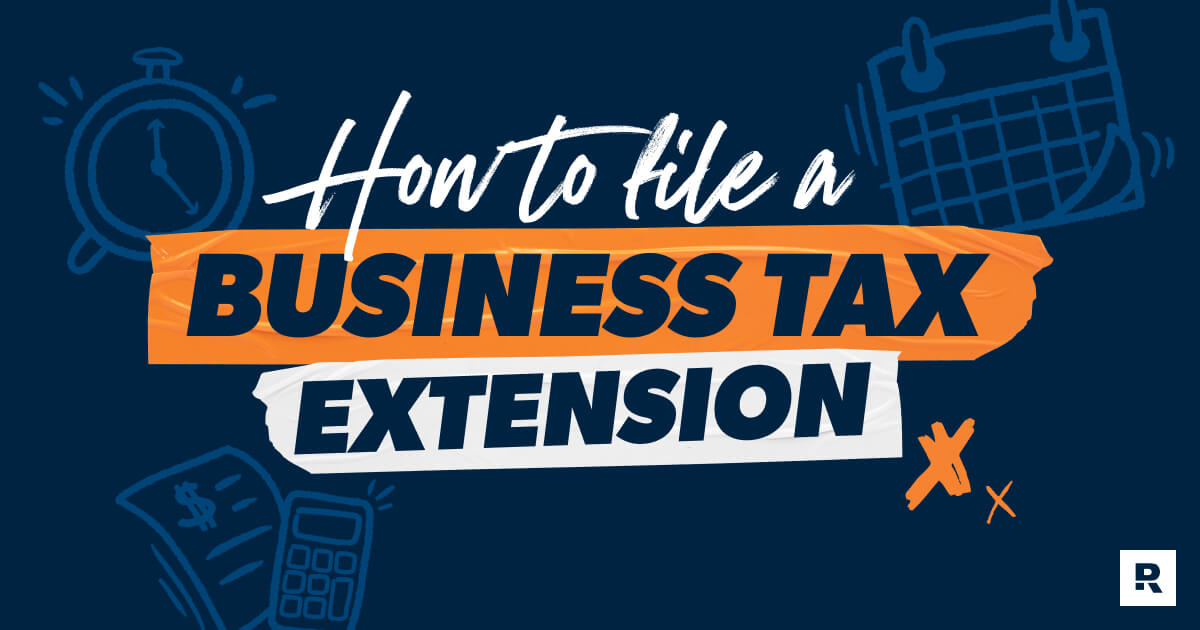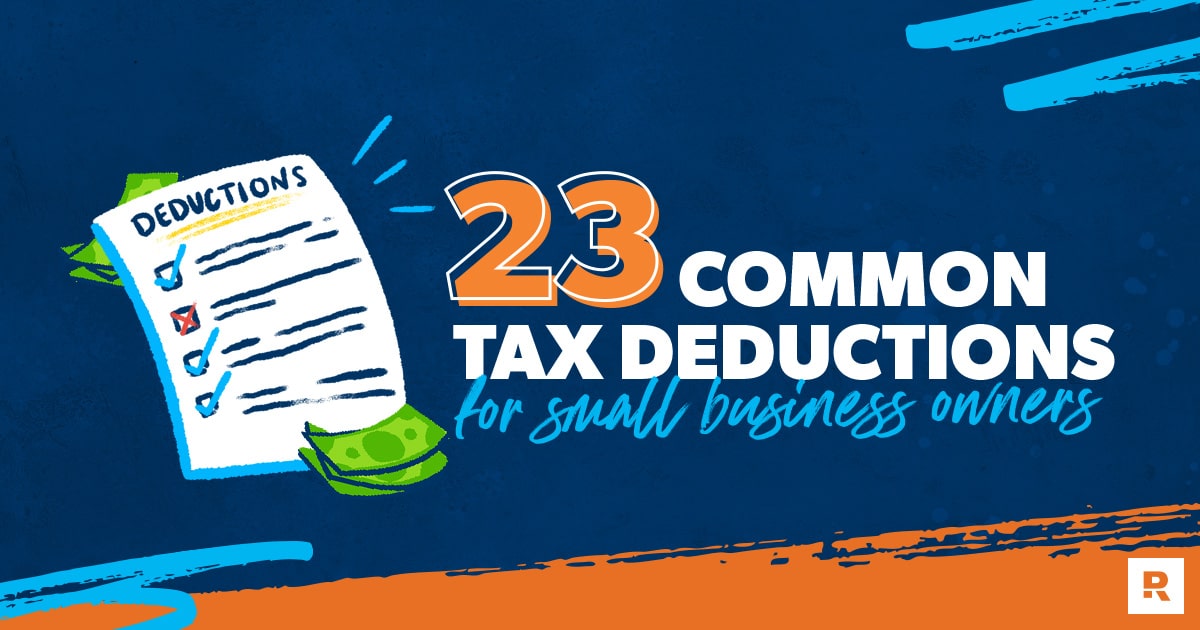
A Guide to Small Business Taxes
You know who likes paying taxes? Nobody. But we have to do it, so it's good to know what the small business tax rates are for 2020—if for no other reason than to keep the IRS off your back.
We all know bookkeeping, payroll and taxes can be time-consuming. But they don't have to be. Here's what our tax pros can help you with:
Bookkeeping—ugh. We feel your pain. Give that paperwork to a pro and take back more time for your small business.
How do tax changes affect your small business? Our pros can guide you through the changes, big and small.
Ah! Are quarterly taxes due again? A small-business tax pro will keep you on track so filing deadlines don’t sneak up on you.

Fill out the form to find experts in your area.
One of our vetted tax pros will contact you within 24 hours.
Then, send them your documents and relax because they'll take it from there.


An enrolled agent (EA) can represent you before the IRS if you’re audited. These pros know practically everything about taxes. They must pass a comprehensive IRS exam and continue studying to meet education requirements.
A Certified Public Accountant (CPA) provides individuals and families with valuable knowledge and advice on taxes and financial planning. They have the smarts for everything finance-related, and they have the education, experience, and state examinations to prove it.
Depreciation means stuff wears out and loses value over time. For example, after five years, a $1 million crane might depreciate by $500,000. Tax depreciation takes this idea a step further. The government doesn’t want to give you a $1 million tax deduction. They’d be even more broke. Instead, they’ll take the life expectancy of a machine (say, 10 years) and divide it by the price you paid ($1 million). That number (in our case, $100,000) is how much you would deduct over the expected life of the machine.
Your balance sheet is a breakdown of what you owe versus what you own. It shows the assets, liabilities and owner’s equity for your business. Remember, assets are items owned by your company, and liabilities are things you owe on. Equity is the value of your business assets minus the liabilities; it’s basically the value you’d place on your company if you had to put a price tag on it today.
Your profit and loss statement is a summary of your revenue (profits) minus expenses (losses) for a period of time, usually a quarter of the year. It shows your profits or losses at a glance for that chunk of time.
Your cash flow statement categorizes cash flow into three types of activities:
Operating: How much does your business make day-to-day?
Investing: Are the assets you’ve purchased for your business paying off?
Financing: How much cash have you invested in your business?
This year, spend less time on bookkeeping, payroll and taxes and more time on your small business or with your family.

You know who likes paying taxes? Nobody. But we have to do it, so it's good to know what the small business tax rates are for 2020—if for no other reason than to keep the IRS off your back.

It’s hard enough to run small businesses without having to worry about taxes. They can get complicated in a hurry. It's nice to know you can file a small-business tax extension to give yourself time.

We don’t have to convince you that taxes are complicated—especially for small-business owners. But the good news is that there are plenty of small-business tax deductions available to make tax season a little less painful!